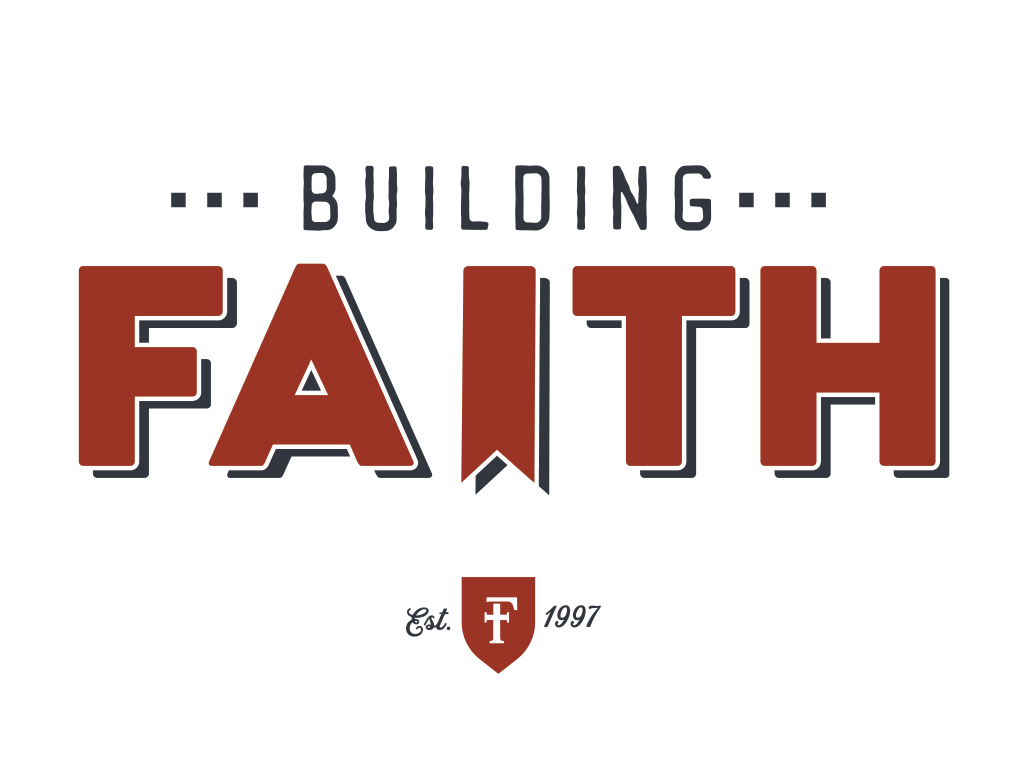It may seem that wisdom would lead us to conclude that keeping safe whatever talents Jesus has entrusted to us is best. After all, if we are stewards and will give an account to the King of the universe, who would want to return to Him anything less than what he entrusted to us?
However, that’s not what Jesus tells us to do here. In fact, we know from the end of the parable that Jesus commended action involving risk.
Just look at what the first two stewards did. They began trading immediately after the Master departed. Certainly, there was some thought or strategy behind their trading. But the passage indicates that there was a sense of urgency and determination. They knew what was expected of their stewardship.
They also understood that there was some risk in their trading. The third steward voiced this as the reason he buried his portion. It’s safe to assume all three of them understood the risk. So what was this risk?
Part of the risk was due to the fact that the stewards did not have all of the information that they would have liked to have had prior to entering into a trade. Another obvious factor is that every steward who does business for the Master has no guaranteed result because he cannot control all of the factors that may affect the outcome. In an effort to be certain of the outcome, we may refuse to move forward until we have every contingency figured out. This may be hard to recognize in ourselves because we may explain our lack of action as a noble and godly effort to be wise, but we will never have it all figured out.
As stewards, can we count the costs that we can see? Can we try to hedge against a poor outcome? Yes, we can – and should. But, the good steward cannot choose to be so cautious that he never exposes himself to risk and, therefore, does nothing. He must move forward on behalf of his Master.
So how does this apply to our church as we seek to build? What are some of the factors that we should consider as we assess risk in building a new church? First, and foremost, the greatest factor is our motives. Simply put, do we desire to build a new church because we believe God will use it to grow the Kingdom of our Lord, Jesus? Our answer must be yes. If it’s not, then we must change our thinking so that it is. After this question, all of the other questions – although important – are secondary. The how big, how much, how long, etc., questions need to be prayerfully evaluated. Building a structure requires risk. We have to manage this risk as best we can, but not taking risk has much bigger consequences – perhaps even the rebuke of our Master. And while we don’t know all of the factors, we know that we can trust Him for the outcome.
When seeking to wisely build a new church, there is one factor that is often controversial – debt. While no one would claim that having debt is better than not having debt, it is important to recognize that the Bible does not teach that incurring debt is sinful. Yet, incurring debt for sinful reasons is sinful. Again, this is a matter of the heart. If we incur debt because we are coveting, or manifesting greed in some way, God is dishonored.
However, if debt is a part of doing what’s necessary for the advance of the gospel, then debt is simply a risk factor like many others. For example, in our assessment of this particular risk factor as stewards, one question might be, “Should we incur debt in order to build a place of ministry that is more effective than a place that has no debt?” It is a value proposition that must be carefully evaluated. Clearly, building a church facility that is insufficient to meet current and future ministry needs because of an absolute aversion to debt would be regretful at best.
Finally, we must ask the question, “Why has God created the position of Christian stewardship where we are required to make decisions that involve risks?” After all, He could have chosen to simply tell us exactly what to do. Well, similar to other areas of the Christian life, we are commanded to do things that we know we can’t do. He says, “Go,” and we go with good intentions, but quickly stumble and fall down on the path that he has set before us. Yet, through the stumbling, He is there to advance His Kingdom and grow us in the grace and knowledge of our Lord, Jesus Christ. Our imperfect risk-taking on behalf of the Master requires the perfect Master to show His power. In the process, He brings glory to Himself and lasting joy in our hearts. His plan is magnificent. What a great God we have!
Next time: Every Steward is Accountable

